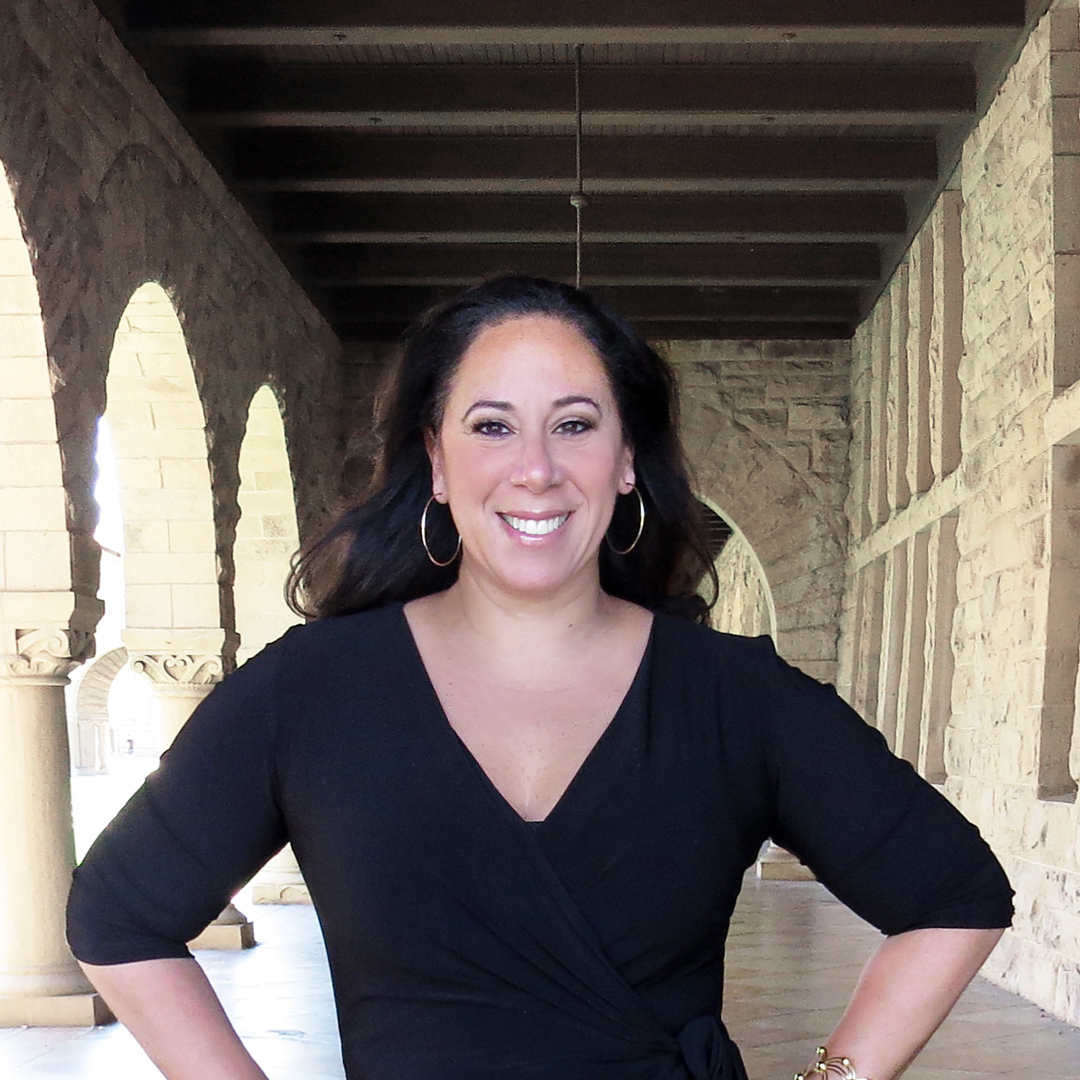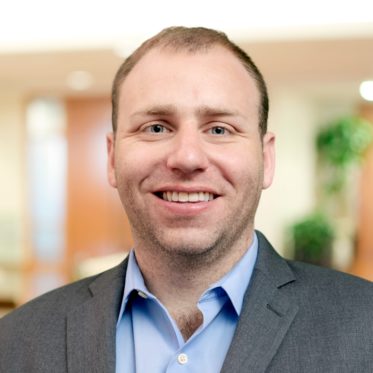It’s hard to imagine a better fit. In 2019, Karyopharm was looking for its first chief compliance officer as the established R&D company prepared to launch its first drug. Tina Beamon had spent nearly two decades as a legal advisor and business partner in other organizations. She had worked as a healthcare litigation associate, led an oncology and consumer health legal division, advised on product development cycles, and helped create and implement pharmaceutical industry regulations. In short, she had become a sought-after consumer healthcare product and compliance subject matter expert—and at Karyopharm, she would have the rare chance to build a brand-new compliance program.
Headquartered in Newton, Massachusetts, Karyopharm Therapeutics was founded in 2008. After a decade spent advancing research and development for various cancer treatments, Karyopharm’s lead product in development was submitted for FDA approval, and management began to prepare the company to shift into the commercial space. Today, the company continues to focus on scientific innovation while making approved products commercially available to patients. Beamon joined the organization in part to support the rollout of Xpovio (selinexor), a drug for adult patients with relapsed or refractory multiple myeloma.
Beamon knew she’d have to work double duty to provide compliance support for the launch of Xpovio, which was approved by FDA in July 2019, while building the necessary compliance infrastructure for the company overall. But she knew the right support and partnerships were in place.
While the Office of Inspector General (OIG) lists seven considerations for any compliance program in pharmaceutical manufacturing, Beamon says every program must be tailored to its specific organization. She assessed Karyopharm for risk in each OIG category, including policies and procedures, education and training, auditing and monitoring, and corrective action. Then she developed plans to create a full compliance program based on input from colleagues regarding the company’s needs, activities, strategy, and vision.

Employees more quickly understand and embrace a compliance program that matches a company’s culture. “A good compliance program should wrap around a company’s core values as a natural extension of what they’re already doing,” Beamon says. “Compliance should speak the same language as the organization.” Since Karyopharm scientists develop drugs that work at the nucleus (the cell’s “core”), Beamon named her program “Compliant to the Core.”
With the foundation of a new program in place, Beamon turned her attention to implementation. She and her teams worked cross-functionally to provide the training and tools necessary for Karyopharm’s approximately four hundred employees to understand risk as they moved together from R&D to commercial drug development.
As she developed the compliance program, Beamon actively helped Karyopharm launch Xpovio by evaluating filings, marketing materials, and proposing product labels. Her department also helped train and instruct sales teams to ensure accurate communication. Routine audits, monitoring, and ride-alongs will help Beamon assess and adjust her program as needed.
Immediate results were positive. Karyopharm reported product sales of $30.5 million for 2019. The company has several other drugs in clinical development and is studying Xpovio in other indications.
Karyopharm CEO Dr. Michael Kauffman knows that a robust compliance program has helped achieve these results—results other legal leaders may not have accomplished. “In selecting the right chief compliance officer to build our compliance program, we needed to work with someone with a heart for patients, subject matter expertise, and a strategic mindset that would help us not only do things the right way but also make good decisions that would improve our business overall,” he says. “We have absolutely found that partner in Tina, and she is doing an outstanding job building a compliance program that enhances our company culture.”
Beamon has a heart for patients because she’s spent the last eighteen years taking care of the most important one in her life: her son, Kyle. He was born with sickle beta thalassemia, a form of sickle cell disease. Beamon, who was working at a busy law firm, spent a year in-house as a part-time consultant during HIPAA implementation to make sure she was able to effectively manage his health challenges. She says that in making all of her career moves since then, she has prioritized her ability to be “unapologetically mom.”

With some of these moves, she may have at the time felt like her career was “offtrack,” but Beamon says that with the benefit of hindsight, she knows they have positively influenced her career.
“I wanted to be a mom and a caregiver more than I wanted career advancement at that time. I took an atypical career path to be with my son, and that actually gave me a unique combination of invaluable skills that I use today,” she explains.
While the consultancy allowed her the time that she needed, it also helped her understand privacy laws and state compliance requirements. Beamon still uses skills she acquired during that time, and Kyle is in college and and doing well health-wise.
Beamon hopes her story inspires others struggling to maintain a career while caring for a child with a chronic illness. “The best advice I can give, looking back, is easy,” she says. “Find what works for you and make the choice you’ll be proud of in a decade.”
The experience has changed Beamon as a leader. She says she’s more compassionate and understanding than she would have been without experiencing a health crisis. It’s also helped her embrace her role in the pharmaceutical industry.
“Karyopharm wants to provide solutions to help patients and caregivers, and I’ve been that caregiver,” she says. “My life experience motivates me to do this work well because I care.”
Karyopharm is on a mission to improve the lives of cancer patients; Beamon has the personal values and professional skills to develop the right compliance program for a company she believes in. That match doesn’t come along often. Indeed, Beamon says she’s found her “once-in-a-career” opportunity.


